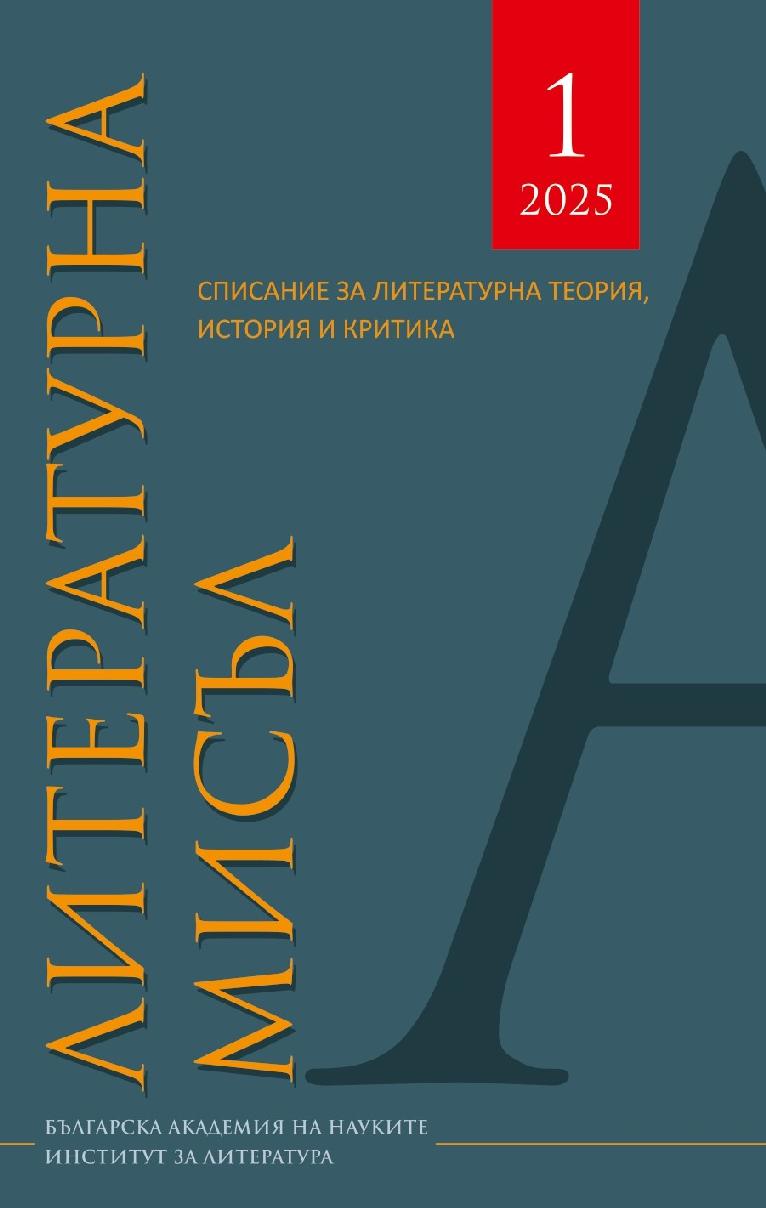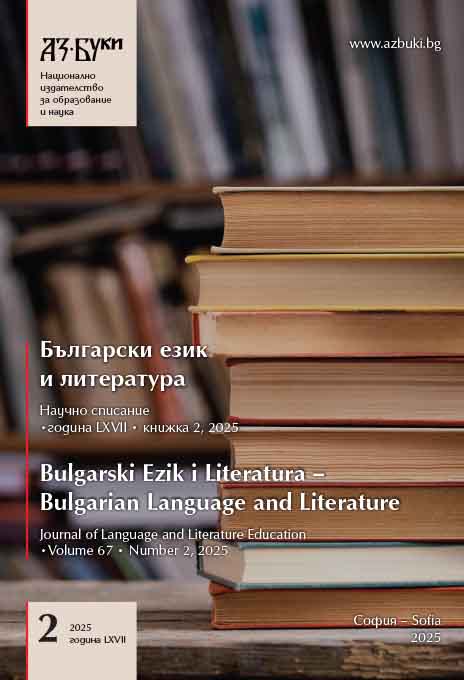
NAMES OF (DEMI)GODDESSES AND (DEMI)GODS IN THE IDIOMS WE LIVE BY
The attitudes regarding the use of and the reference to names of (demi)goddesses and (demi)gods represent a matter of style, social convention(s) and personal choice. Over the centuries they have named cities, towns and burghs, beloved persons (sons and daughters), and popular festivals. Personal names in world mythologies have also been preserved in the public eye by means of diverse idiomatic structures also known as fixed expressions. This paper will describe the idiomatic patterns which are built around names of deities which are now part of both the English and Romanian lexicons. Although English and Romanian are two distant cultures, separated by almost a whole continent as well as the British Channel, many of the Greek and Roman fixed expressions which include mythonyms have now become part of their lexical heritages. This corpus-based research proves that even if two cultures, which are very distant both geographically and culturally, may as well be equally available to naturalizing a huge wealth of individual words and fixed expressions. As this paper will prove, such naturalizations are either fully or partially shared by the two hosting cultures or they may be language specific.
More...

